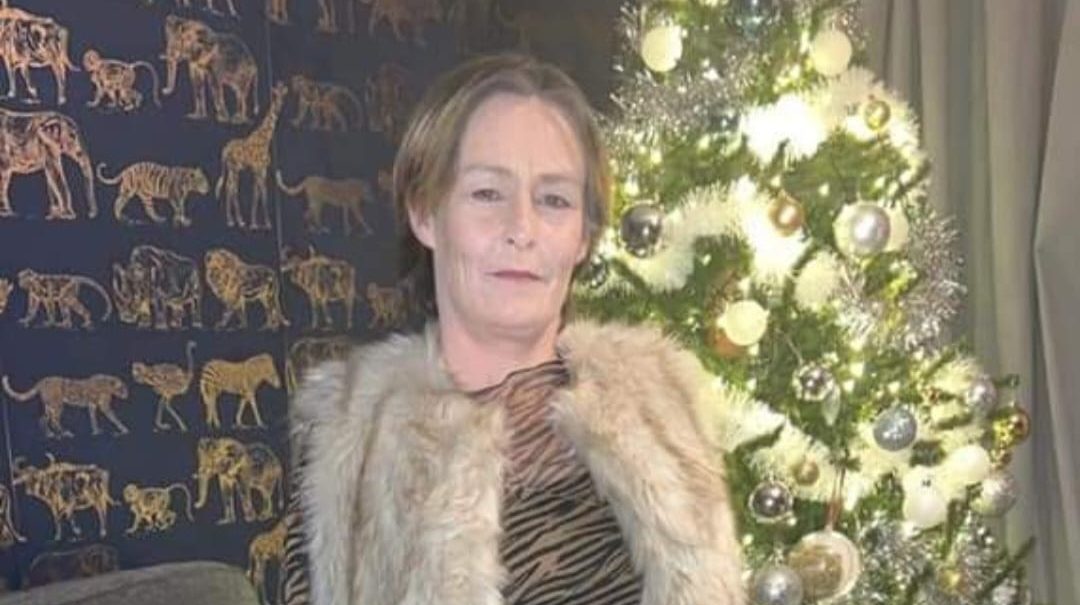The Iceland “microloans” range from £25 to £100, in the form of a prepayment card to be used in Iceland, and after the initial loan can only be taken out during school holidays. They are a way for those who cannot ordinarily get credit to afford essentials during periods of strain, and pay them back when times are calmer.
For the customers, of whom 18.7% said they had used credit to pay for food and other essentials in the past, there was a three-quarters reduction in the use of loan sharks.
More than nine million adults in the UK were refused credit in the 12 months from April 2022, while 23% of people said in early 2023 the cost of living crisis had driven them to borrow more. Around one million people in the UK borrow from illegal money lenders, according to a report from the Centre for Social Justice.
After getting into debt years ago, Annamaria’s credit score still suffers despite her clearing the debt. It’s left her wary of other, high-interest loans. “I do struggle because of my income and because my credit score isn’t great,” she says.
“They want ridiculous amounts of interest, and for me, I’m not prepared to get myself into debt like that.”
While poverty and extreme prices push people towards loan sharks, some action is being taken. The Illegal Money Lending Team, a law enforcement agency, said it had arrested 327 loan sharks in the six years to 2024, with 21% of its operations taking place in the North West.
In one case in April 2024, a court ordered two London loan sharks to hand back £1.2m. In May, a loan shark who drove victims to cashpoints in the boot of his car, was jailed for seven years.
For those locked out of mainstream credit yet struggling with bills – debt and arrears on energy bills rose by 12% within the space of three months in 2024, to £3.7bn – options are limited.
The government offers some interest-free loans, including the No-Interest Loan scheme. But this finance of up to £2,000 across 18 months, requires a referral by a lender, credit union or housing association.
In the gap, buy now, pay later schemes are rising. Klarna, which offers interest free payment split across three payments, has faced criticism that it encourages shoppers to spend more than they can afford (something Klarna denies, pointing to low default rates). In November – just in time for the Christmas rush – John Lewis became the latest retailer to offer customers the chance to spread costs via Klarna.
“Personally, we don’t like the buy now, pay later model of putting things in your shopping basket and working out later how you’re going to pay for it,” Simon Dukes, chief executive of Fair For You, says.
“For those small items, it just adds up. People can take out buy now, pay later loans and not necessarily remember that they’ve taken them out, and it just adds to the debt spiral in many ways.”
Do you have a story to tell or opinions to share about this? Get in touch and tell us more. This Christmas, you can make a lasting change on a vendor’s life. Buy a magazine from your local vendor in the street every week. If you can’t reach them, buy a Vendor Support Kit.
